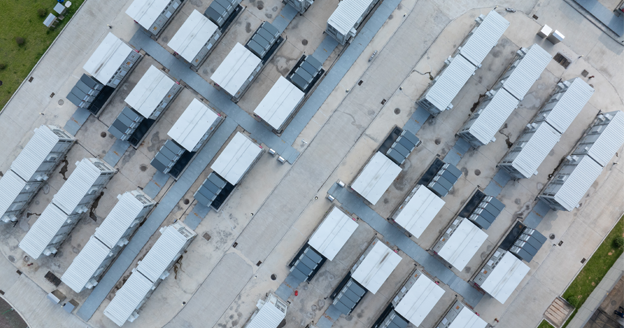Battery Energy Storage Systems Project

Project Overview
On July 17, 2024, the Board of Supervisors directed staff to create rules for privately initiated Battery Energy Storage System (BESS) projects in the unincorporated area.
In response to this direction, the County is taking steps to guide the safe and responsible growth of Battery Energy Storage Systems (BESS). It is doing this by developing clear standards through a Zoning Ordinance amendment. These standards aim to:
- Define what types of uses are allowed
- Identify where facilities can be located
- Reduce potential impacts on surrounding areas
- Explore incentives for placing facilities in certain locations
- Allow flexibility to support new and emerging technologies
Additionally, County Fire completed a BESS Best Practices Report and Interim Fire Protection Guidelines for BESS Facilities. View more details on fire standards for BESS projects.
What Are Battery Energy Storage Systems?
A Battery Energy Storage System (BESS) is a technology designed to store electric energy for later use. It stores energy from the electrical grid, solar, and wind power.
How does BESS support the electricity grid?
BESS can increase flexibility of the grid, provide backup electricity during power outages, and reduce energy costs. This helps modernize energy infrastructure by enhancing the reliability and efficiency of the grid.
Board Direction
General Inquiries
Planning & Development Services
PDS.LongRangePlanning@sdcounty.ca.gov | (858) 505-6677








